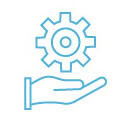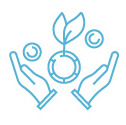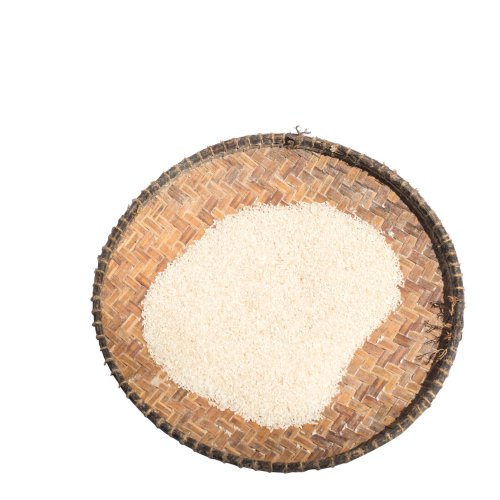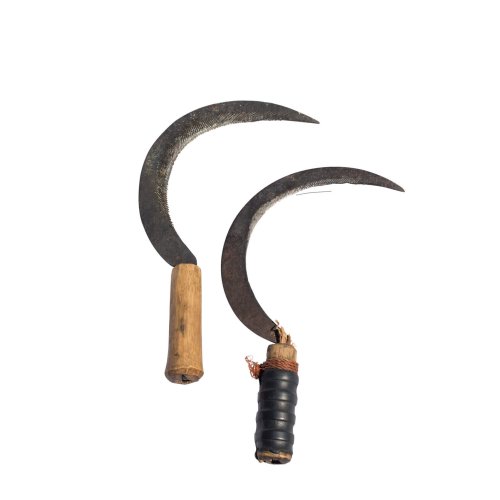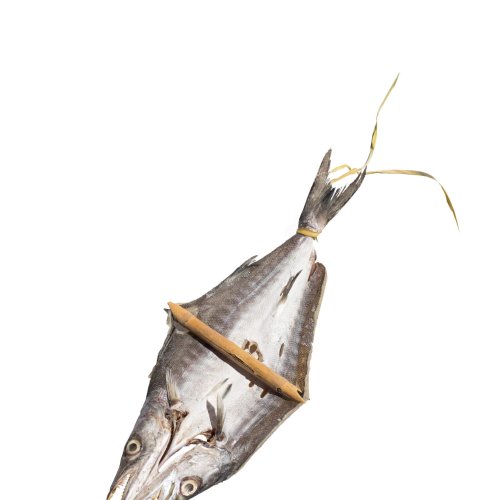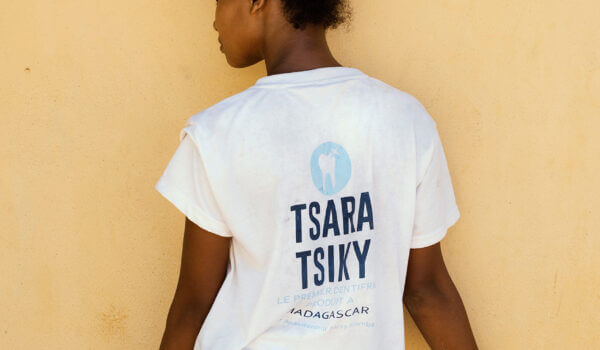Nutrition
To ensure a correct nutritional status of the population and the correct growth of children.
Improving health conditions of childbearing age women and children, living in a rural area in Madagascar.
Madagascar is one of the most malnourished countries in the world. Undernutrition is a plague, particularly in rural areas, where the stunting prevalence is up to 47.4% (Klaus von Grebmer et al., 2019).
Severe malnutrition leads to an increase of morbidity and mortality since it exposes individuals to a greater risk of chronic degenerative non-communicable diseases, affecting mental development and limiting future working capacity with long-term social and economic consequences. Increasing dietary diversity could represent a possible solution to reduce nutrition inadequacy, as well as the risk of nutritional deficits and consequently improving the health of the local communities.
The project targets a specific population: childbearing age women and children living in rural areas of Madagascar. The research will evaluate the food knowledge and habits, along with assessing the health status of the sampled population, in order to create a baseline for future interventions focused on improving health conditions of the target population.
Considering Madagascar is worldly renowned for its high biodiversity, the identification, study and use of local native plants- Indigenous Vegetables, rich in micronutrients, could represent a sustainable solution to improve the nutritional status of rural Malagasy inhabitants.
Nutrition
To ensure a correct nutritional status of the population and the correct growth of children.
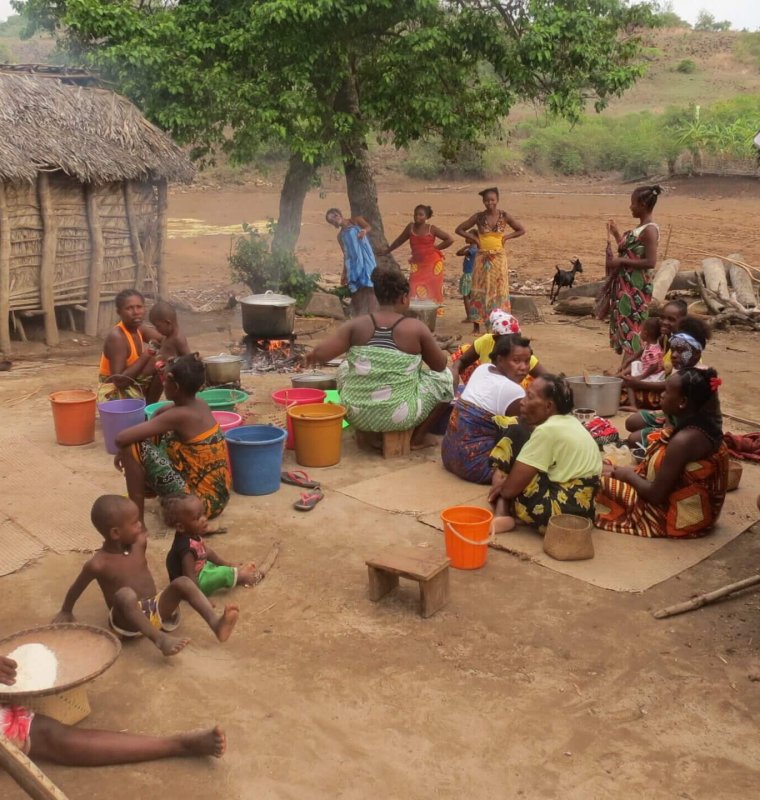

Key info
- Project location: Nosy Mitsio
- Sector of intervention: Nutrition, Education & Hygiene
- Dates: May 2021 – May 2022
- Target: childbearing age women and children
- Skills development: improving knowledge and awareness about the role of food relating to the health condition.
For who
Beneficiaries
The project ultimately benefits the entire targeted community. More specifically, the main beneficiaries are:
- Pregnant women
- Women of childbearing age (14-49 y/o)
- Children (2-10 y/o)
- Targeted Households
- Students at School



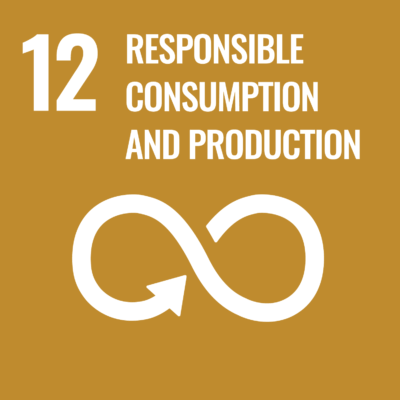
Donors

Academic partnerships
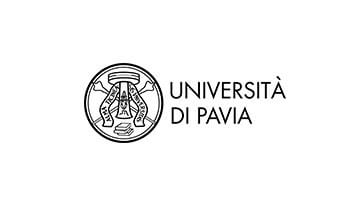
Partners
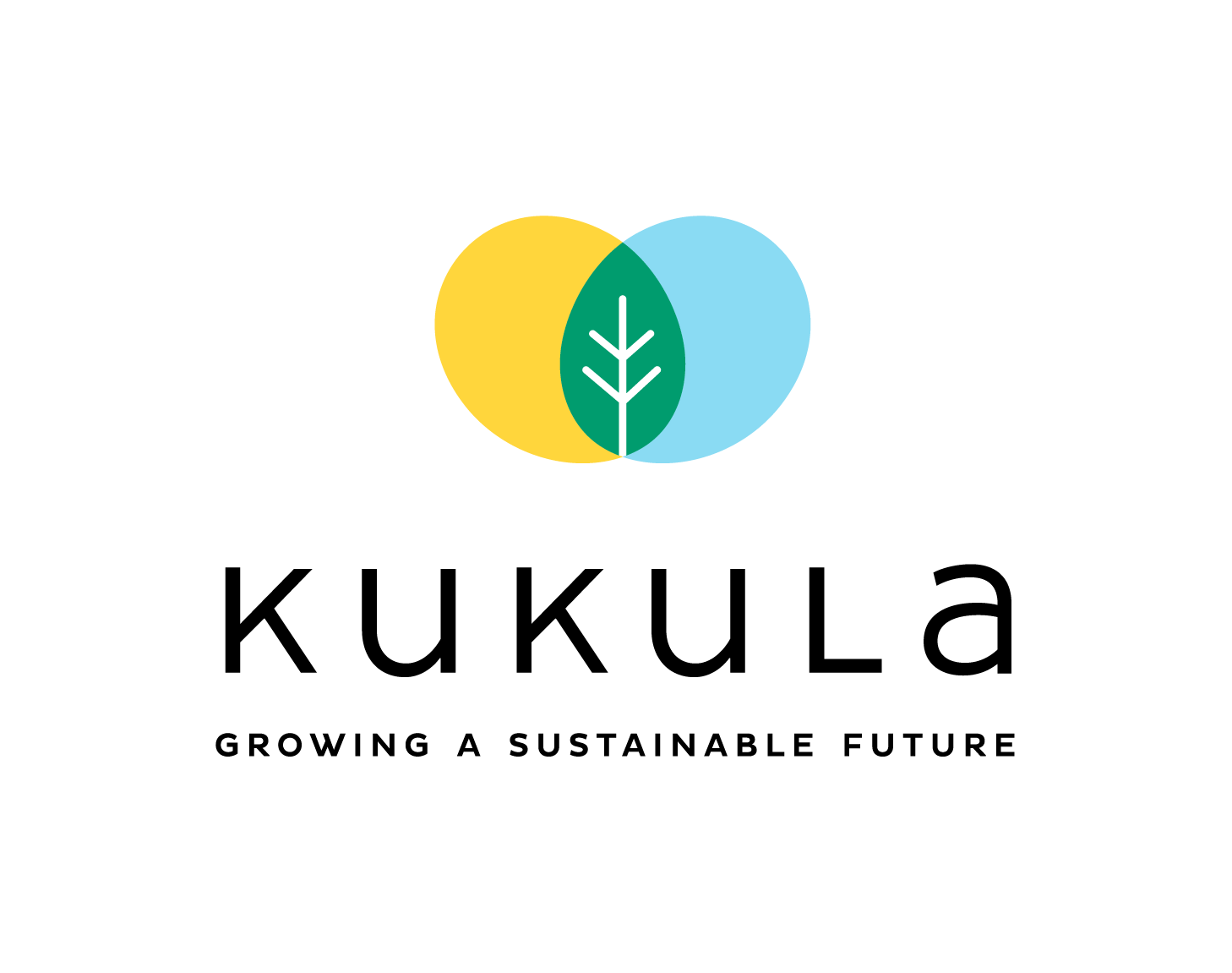
Impact
- 150 childbearing age women (14-49 y/o) living in rural villages of the island of Nosy Mitsio
- 140 children (2-10 y/o) attending Ampanitsoha and Bevaoko schools, on the island of Nosy Mitsio.
How the project impacts on H4O Key Areas

Health improvements
- Increase dietary diversity (Minimum Dietary Diversity Index-Women)
- Improve dietary quality: reaching daily recommended macro and micronutrient intake
- Raise food awareness: food habits linked to Health condition
- Improve bioavailability of micronutrient in consumed food
- Improve daily Energy Intake
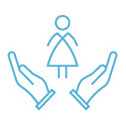
Women's empowerment
- raise awareness of the central role women play in society (from a social and physiological point of view)
- recognize women’ key role in food preparation and nutrition
- recognize the positive impact of women Knowledge, Attitudes and Practices on the entire household.
Description of the project
Why? For whom and through which interventions?
About the context
Based on the 2020 Global Hunger Index, Madagascar ranks 105th out of the 107 countries with sufficient data available; scoring 36.0 points, Madagascar has an alarming level of hunger.
In particular, in rural areas undernutrition and stunting reach an alarming prevalence of 47.4%, which means individuals are exposed to a greater risk of chronic degenerative diseases, limited working capacity with long-term social and economic consequences.
Ensuring a correct nutritional status in the early stages of life represents a key factor to assure the correct growth of children. Development during infancy and early childhood is strictly linked to an adequate intake of macro- and micro-nutrients, clean water and access to health services.
Physical and nutritional status of women in childbearing age is directly related to the health of their daughters and sons. In developing countries, having a pregnancy with an optimal physical condition isn’t a certitude: in Madagascar 26% of pregnant women suffers from growth retardation and 19% is skinny; only 50% of Malagasy children are breastfed up to six months and many children under five suffer from anaemia.
Growing children, childbearing age is considered the most vulnerable, and their requirements in terms of macro- and micro-nutrients increase according to their physiological needs.
The daily recommended nutrient intake does not often meet due to socio-economic and cultural conditions with serious health repercussions
How our research and evidence-based approach shapes our interventions
Based on Minimum Dietary Diversity for Women: A Guide for Measurement (FAO and FHI 360, 2016). The data collection uses a modified 24 hours-recall, to evaluate the daily energy intake, macro and micronutrient intake and calculates the Minimum Dietary Diversity Index (MDD-W) specific for our target population.

Core activities
- selection of the survey sample (children and women) to assess Knowledge Attitudes and Practices on Nutrition;
- collection of anthropometric measures of the selected sample;
- Collection of blood chemistry by the medical staff of our operational partner ELPIS Nave Ospedale ;
- Raising awareness on food habits related to Health conditions;
- Encouraging women to recognize and consumpt local vegetables;
- Building three-family gardens to increase the availability of different types of vegetables and expand the dietary diversity, in collaboration with our partner Kukula Onlus;
- run food education activities at school;
- run cooking classes (e.g. steam cooking, making a steam cooker with natural resources etc.)

